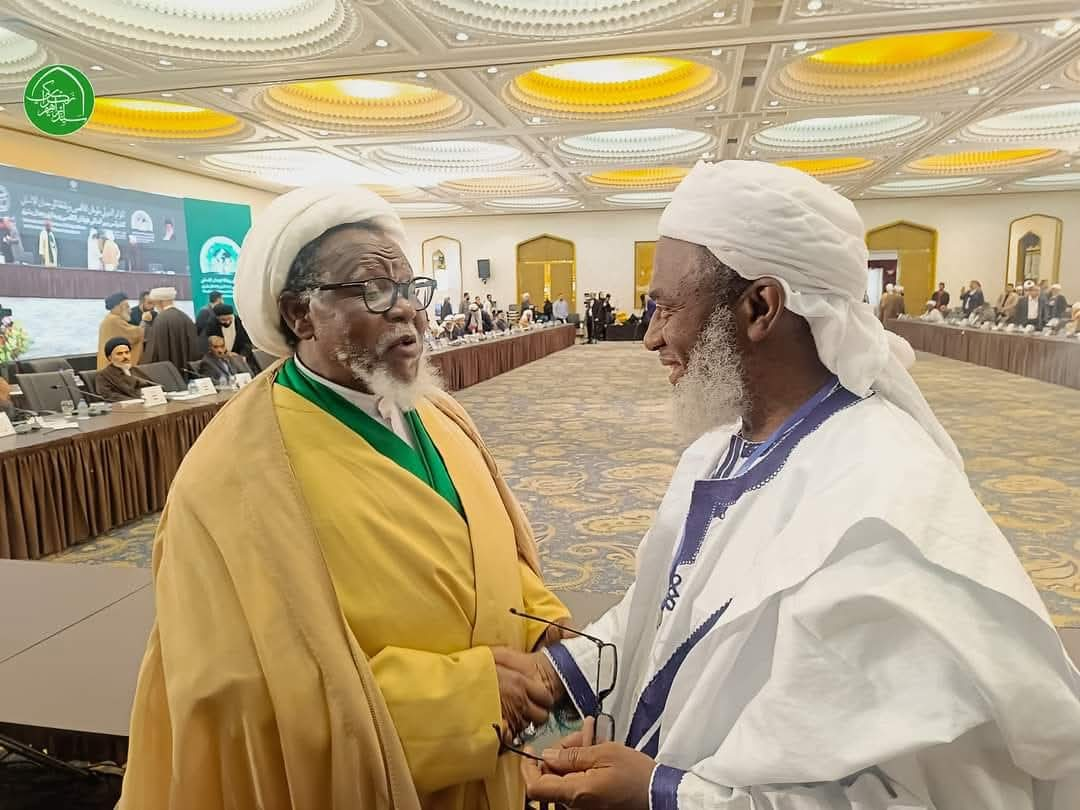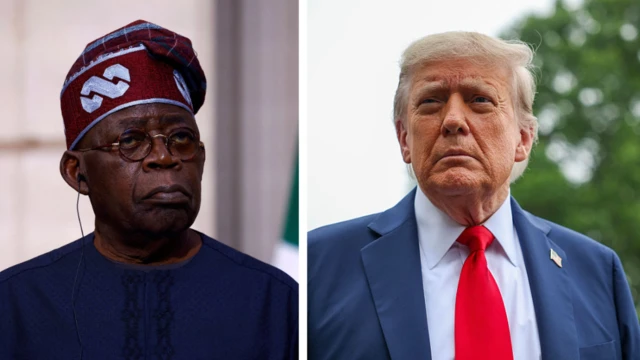The birth of the Holy Prophet Muhammad (SAWA) is the most remarkable events in human history, for it signaled the arrival of the Seal of Prophets and the completion of Divine guidance for mankind. The celebration of his birth, known as Maulid an-Nabi, is not only a time for Muslims to express love, gratitude, and devotion to the Messenger, but also a profound occasion to strengthen unity among the Ummah. In a world increasingly torn by division, sectarianism, and conflict, the Maulid provides a powerful spiritual and cultural platform for Muslims to reaffirm their shared heritage and common identity.
The Qur’an describes the Prophet as a mercy to all creation: “And We have not sent you, [O Muhammad], except as a mercy to the worlds” (Qur’an 21:107). This verse reminds us that the Prophet’s mission was not confined to one tribe, nation, or sect. His mercy encompasses all humanity, and particularly the Muslim community which looks to him as a guide, teacher, and model. Regardless of differences in jurisprudential schools or theological opinions, Muslims are bound together by their shared devotion to the Prophet. The celebration of his birth renews this collective bond.
The Prophet himself emphasized the foundation of Muslim unity when he said: “The believers, in their mutual kindness, compassion, and sympathy, are just like one body. When one limb suffers, the whole body responds with wakefulness and fever” (Sahih Muslim). Likewise, Imam Ja’far al-Sadiq (AS) narrates that the Messenger of Allah (SAWA) said: “The Muslim is the brother of another Muslim: he does not betray him, does not wrong him, and does not withhold help from him” (al-Kafi, vol. 2). These narrations, found in both Sunni and Shi’a sources, emphasize a single truth—that Islam rests upon solidarity and brotherhood. Maulid gatherings remind Muslims of this interconnectedness, rekindling the sense of belonging to a single body, the Ummah Muhammadīyah.
Historically, Maulid has been a means of drawing Muslims together. During the Fatimid era in Egypt, which was governed by a Shi’a dynasty, the Maulid was celebrated publicly and became a unifying cultural event for Muslims regardless of sectarian affiliation. Later, under Sunni rulers such as the Ayyubids and the Ottomans, the tradition continued and flourished. Ottoman Sultans institutionalized grand Maulid celebrations that brought scholars, Sufis, jurists, and ordinary Muslims together in shared devotion to the Prophet. In West Africa, East Africa, and South Asia, Maulid festivals have long served as communal spaces where Muslims of varying traditions gather for Qur’an recitation, salawat upon the Prophet, and charitable acts, reinforcing solidarity across sectarian and ethnic divides. These examples show that the Maulid has historically transcended divisions, serving as a living bond of unity.
The Qur’an calls upon believers to embrace unity: “And hold firmly to the rope of Allah all together and do not become divided. And remember the favor of Allah upon you, when you were enemies and He brought your hearts together and you became, by His favor, brothers” (Qur’an 3:103). The rope of Allah is the Qur’an and the Sunnah, embodied in the life of the Prophet. Imam Ali (AS), in a sermon recorded in Nahjul Balagha, warns: “Beware of division, for it is the cause of weakness. Stay united, for that is the rope of Allah which He commanded you to hold fast to.” These teachings from both Sunni and Shi’a sources harmonize perfectly, stressing the same principle of unity under the banner of Islam.
Sectarian tensions have unfortunately caused wounds within the Muslim world. Yet, the Maulid offers a natural platform for reconciliation. Since both Sunni and Shi’a Muslims honor the Prophet Muhammad (SAWA) as the seal of Prophethood, the Maulid provides common ground for shared celebrations, dialogues, and joint community initiatives. The Prophet said: “A Muslim is the brother of another Muslim. He neither oppresses him, nor abandons him, nor looks down upon him” (Sahih Muslim). Similarly, Imam al-Baqir (AS) is reported to have said: “Islam is built on five pillars: prayer, zakat, fasting, hajj, and wilaya. None has been called to as strongly as unity and brotherhood” (al-Kafi, vol. 2). By embodying these teachings during Maulid gatherings, Muslims can transcend disputes and rebuild fraternal bonds.
The true spirit of the Maulid lies not only in chanting praises or recalling the Prophet’s life but in imitating his character. The Qur’an describes him as: “Indeed, in the Messenger of Allah you have an excellent example for whoever hopes in Allah and the Last Day and remembers Allah often” (Qur’an 33:21). Unity will not be achieved merely through celebration unless Muslims translate their love for the Prophet into action, by upholding justice, showing compassion, forgiving one another, and serving humanity as he did. Imam Ja’far al-Sadiq (AS) once said: “Adorn yourselves with the qualities of the Messenger of Allah, for he was truthful, trustworthy, and merciful” (al-Kafi, vol. 2). This call to embody Prophetic character is itself a unifying principle.
The Maulid of the Prophet Muhammad (SAWA) is therefore more than a historical commemoration, it is a living symbol of unity. It reminds Muslims that their shared love for the Prophet is far greater than their differences. By celebrating Maulid together, Muslims can rebuild trust, heal divisions, and rekindle the spirit of brotherhood that the Prophet exemplified. At a time when disunity weakens the Ummah, the Maulid stands as a reminder that the key to our strength lies in the legacy of the Messenger of Allah; his teachings, his mercy, and his call to unity. If embraced sincerely, the Maulid can serve as a source of harmony and solidarity, guiding the Ummah toward a future rooted in love, justice, and fraternity.
Resource Forum
Islamic Movement, Nigeria
Adanladi08@gmail.com














Leave a comment